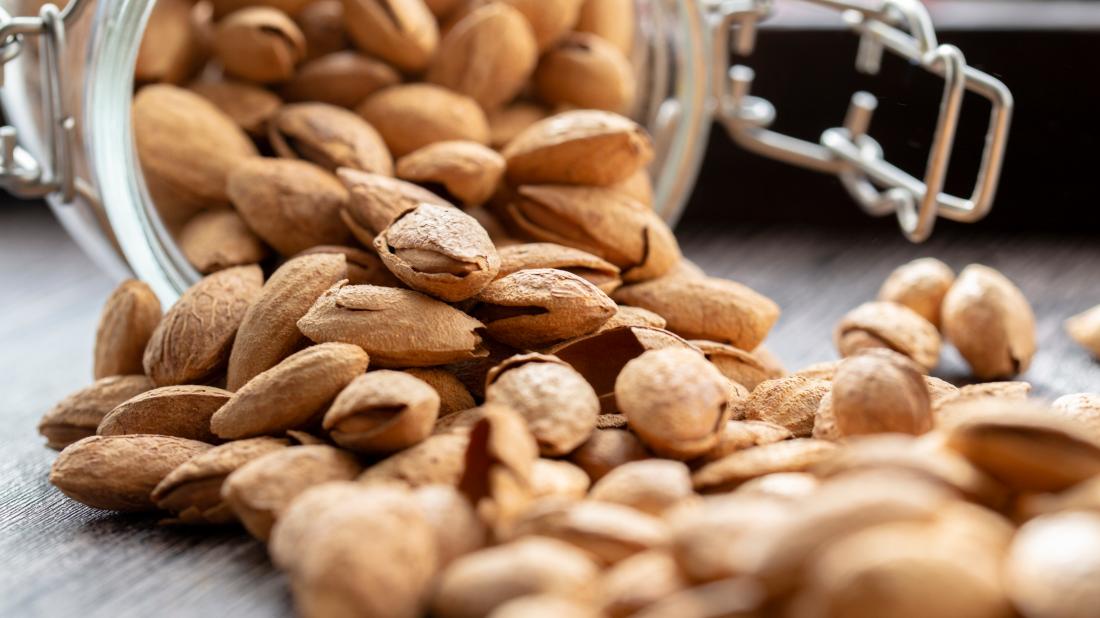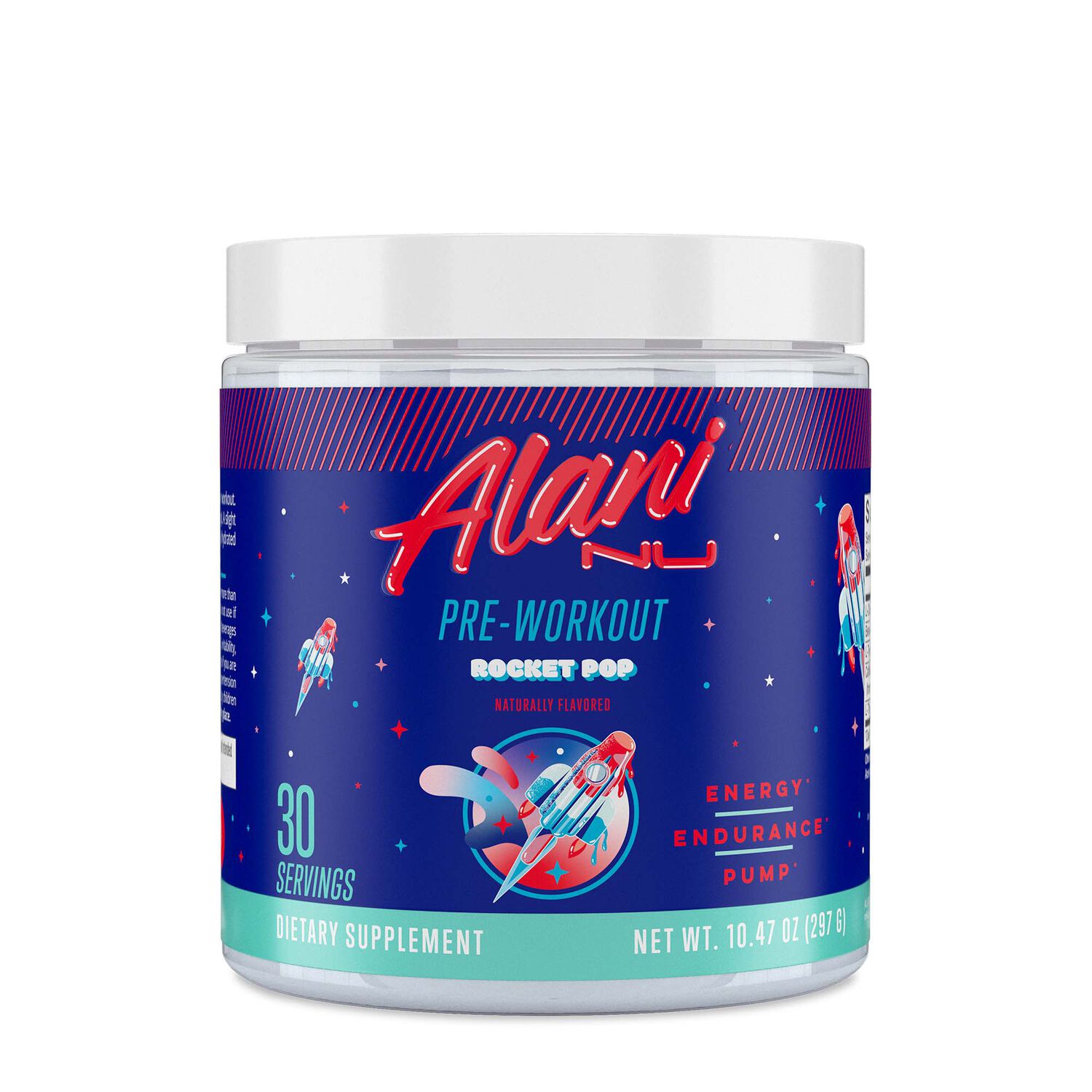Vitamins and their Role in Bone Health

Bones are a vital human body component, providing support, structure, and protecting vital organs. Maintaining strong bones is essential for overall health and preventing conditions like osteoporosis. Multivitamins can support bone health by providing essential vitamins and minerals for maintaining strong bones. In this blog, we will explore the role of different vitamins in promoting bone health and the effects of a deficiency in these vitamins on bones.
What are Vitamins?
A vitamin is a nutrient required for the proper function, growth, and development of cells. The human body needs different vitamins, classified into fat-soluble and water-soluble.
- Fat-soluble vitamins are stored in the body’s liver and fatty tissue, including vitamins A, D, E, and K. These can be obtained from the diet or supplements. They are not required to be consumed everyday because the body can store them later.
- Water-soluble vitamins are not stored in the body to the same extent as fat-soluble ones, and they need to be consumed more regularly to maintain adequate levels. They include vitamin C and B vitamins (thiamin, riboflavin, niacin, pantothenic acid, biotin, vitamin B6, vitamin B12, and folate).
Vitamins and Bones
Vitamins can positively impact joint health by providing essential vitamins and minerals. Vitamin D helps regulate calcium levels and supports healthy cartilage, while Vitamin C helps produce collagen, providing joint support. Antioxidants like Vitamin E can protect joints from oxidative damage and more.
Vitamin A
It is essential for bone growth and development, including the formation of bones. It helps regulate the growth and differentiation of bone cells, which is vital for maintaining healthy bones. Vitamin A also plays a role in maintaining the immune system’s health.
Vitamin B
It plays a role in producing red blood cells, essential for carrying oxygen to the cells in the body. It also maintains the nervous system, which is crucial for bone health.
Vitamin C
It produces collagen, a protein that provides the structural framework for bones. Collagen gives bones strength and support, and a deficiency in vitamin C can result in weaker bones. Vitamin C also aids the body in absorbing iron, which is essential for bone health.
Vitamin D
It is essential for the proper absorption of calcium from the gut. Calcium is a crucial mineral for strong bones, and vitamin D helps regulate calcium levels in the blood, ensuring enough support for healthy bones.
Vitamin E
It acts as an antioxidant that helps to protect bones from oxidative damage caused by free radicals. It helps maintain healthy bones and reduces the risk of conditions like osteoporosis.
Vitamin K
It activates proteins necessary for proper bone mineralization, which is the process by which minerals like calcium are deposited into bones to make them strong. Vitamin K also helps regulate bone density, reducing the risk of osteoporosis.
Vitamin Deficiency
A deficiency in specific vitamins can have adverse effects on bone health. Here’s an overview:
- Vitamin A: deficiency can lead to impaired growth and development, including weak bones.
- Vitamin B: deficiency can lead to weak bones and an increased risk of fractures.
- Vitamin C: deficiency can lead to fragile bones due to reduced collagen production.
- Vitamin D: deficiency can lead to a higher risk of fractures and conditions like osteomalacia and rickets.
- Vitamin E: deficiency can increase the risk of oxidative damage to bones and osteoporosis.
- Vitamin K: deficiency can result in improper bone mineralization and increase the risk of osteoporosis.
Sources of Vitamins
As there are different types of vitamins, their sources are also different, but some of the good sources of vitamins are:
- Vitamin A: Sweet potatoes, apricots, spinach, carrots
- B vitamins: meat, fish, poultry, dairy, eggs, and whole grains (such as wheat and brown rice)
- Vitamin C: Oranges, strawberries, kiwifruit, bell peppers
- Vitamin D: eggs, mushrooms, sunlight, and fatty fish (such as salmon and sardines)
- Vitamin E: Almonds, sunflower seeds, avocado, spinach
- Vitamin K: Leafy green vegetables (such as kale and spinach), sprouts, grapes, Brussels, broccoli
A multivitamin may be the best way to ensure you get the recommended daily amount if your diet lacks this nutrient.
Ephuroalabs’ Multivitamin Gummies
Ephuroalabs’ Multivitamin supplement, the highest-rated supplement in the world, is a popular choice for those looking to improve their bone health and overall body functioning and wellness. It is non-GMO, gluten-free, and gummy, providing health with flavor. Ephuroalabs Multivitamin supplement is manufactured in a facility that follows strict GMP guidelines to ensure its quality and purity.
https://ephuroalabs.com/product/ephuroalabs-multivitamin-bear-gummies-adult/
Concussion
Bones play a crucial role in the human body and are essential to maintain health. Vitamins like vitamins A, B, C, D, E, and K are vital in promoting strong bones and preventing conditions like osteoporosis. Ephuroalabs’ Multivitamin Gummies are a perfect choice for those looking to improve their bone health.





